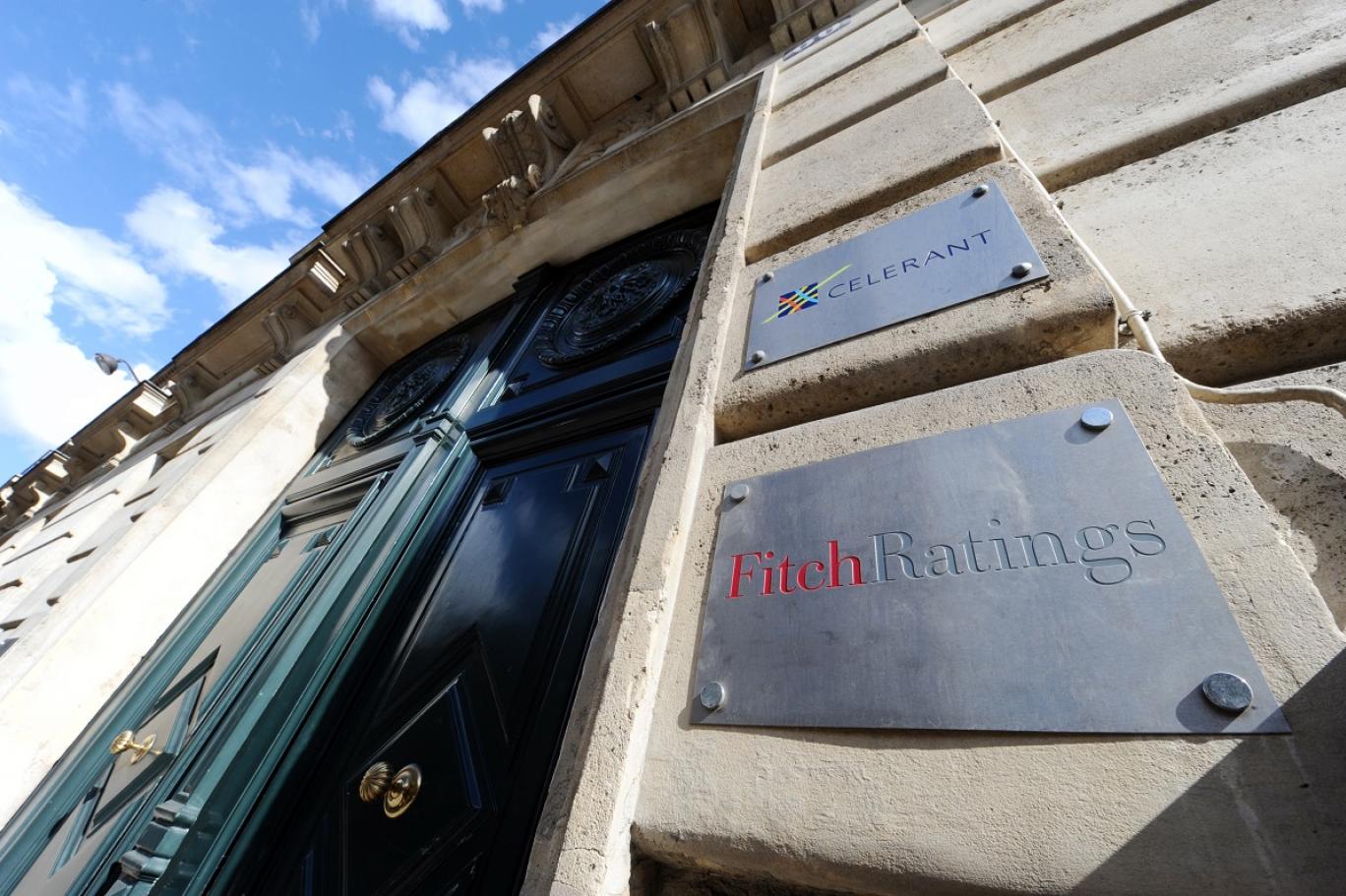Credit rating agency Fitch expected the Jordanian economy to recover and the government deficit to decrease during the coming period.
Fitch said that Jordan’s gross domestic product will rise by 2.5 percent this year, and 3 percent next year.
The agency also expected the general deficit of the Jordanian government to decrease, to 4.1% of GDP in 2021 and 2.7% in 2022.
Jordanian economy
Fitch also expected the government debt in Jordan to reach a peak in 2021 with a subsequent decline supported by a return to growth and primary surpluses.
The agency estimated the general deficit of the Jordanian government has decreased to 5.4% of GDP in 2020 from 1.4% in 2019.
Negative expectations reflect the risks of worsening government debt in Jordan amid an uncertain recovery and a difficult social context, Fitch said.
The balance of public debt owed by Jordan rose in the first two months of this year by 0.8% to 26.7 billion dinars ($37.6 billion), compared to 26.49 billion at the end of 2020.
Statistics published on the website of the Ministry of Finance also showed that Jordan’s internal debt at the end of February amounted to 13.6 billion dinars, and its external debt was about 13.06 billion.
Jordan’s public debt is equivalent to 85.6% of the Kingdom’s GDP.
The Ministry of Finance had changed its methodology in calculating the public debt, with the exception of debts from the Social Security Investment Fund, which amount to nearly seven billion dinars.
Tourism income
Meanwhile, the Central Bank of Jordan said that the Kingdom’s tourism income fell 77.6% in the first quarter of this year to 175.3 million dinars ($247.2 million), compared to 780 million in the same period of 2020.
As a result of the Coronavirus pandemic, the government closed the airport last year for a period of about six months, and repeatedly postponed its reopening due to fears that travelers would cause a rise in cases.
In a related context, the World Bank Group announced additional financing of more than $1.1 billion and new projects and others under preparation, to support the Kingdom of Jordan.
The World Bank financing also came with the aim of enabling Jordanians to face the effects of the Coronavirus pandemic, and to better rebuild the Jordanian economy.























































